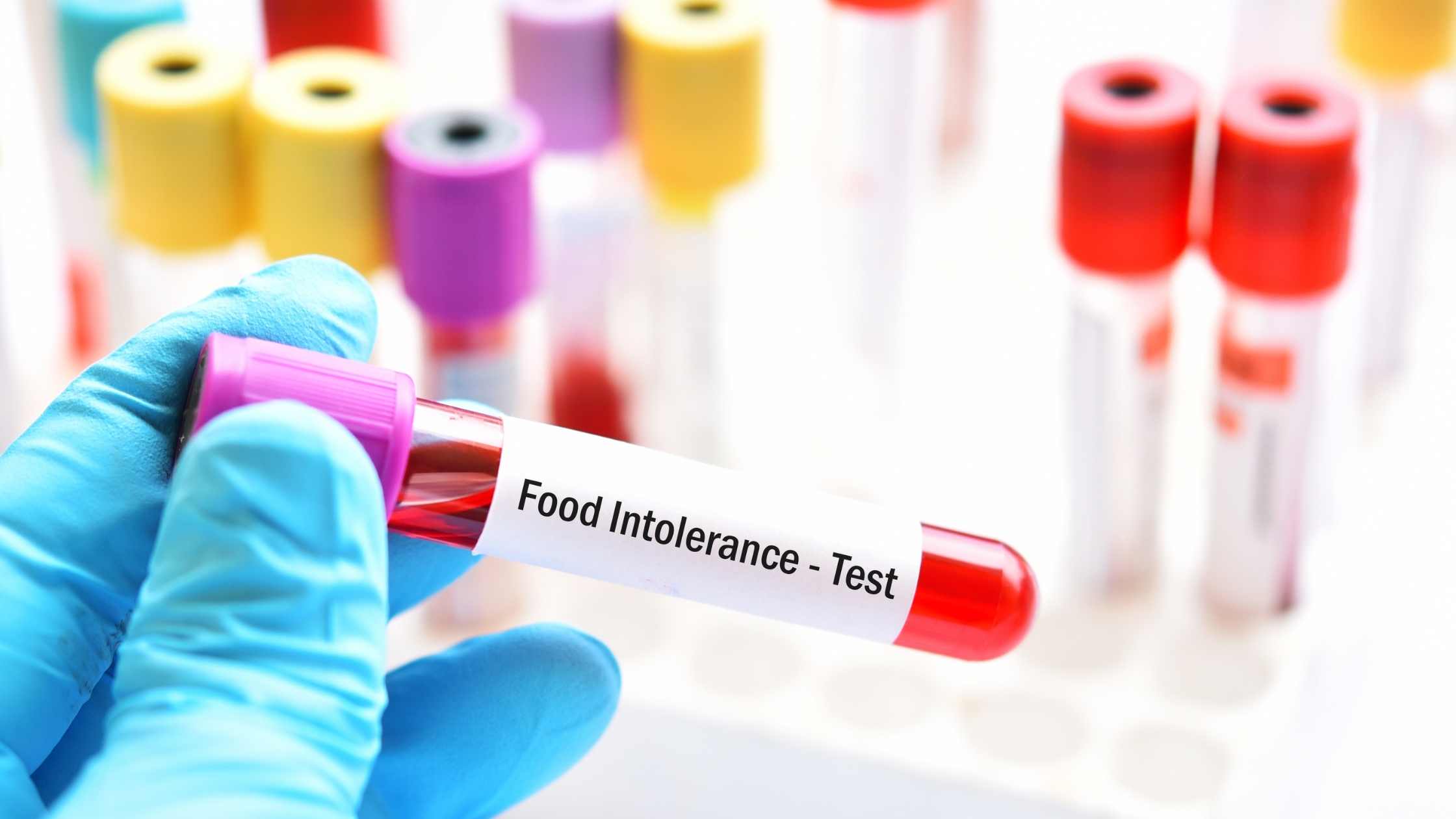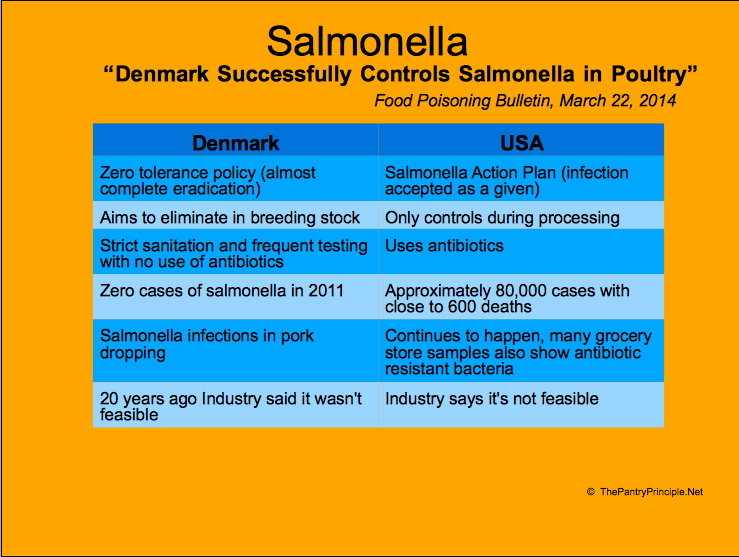For the purposes of this article, we are discussing eggs from chickens. Duck is becoming easier to source and can be a preferred source for those allergic to chicken eggs. The makeup of eggs is approximately 12% fat, 13% protein, 73% water, and the rest a few minerals. It is, however, important to note that the nutritional support from duck, turkey, goose, quail, or any other type of egg can vary slightly from those of chicken.
A favorite food for many people, eggs are easy to prepare and highly versatile. They can be used for any meal of the day, as a quick protein snack, or incorporated into other foods. At approximately 70 calories each, they are a great source of protein, providing approximately 6g of protein. They are also a good source of beneficial nutrients such as lutein and zeaxanthin as well as iron, choline, selenium, biotin, B12, and B2.
Top Health Benefits
In addition to being a great source of protein, eggs provide other health benefits.
- A good source of cholesterol, which the body needs to make hormones, consuming eggs does not raise blood levels for cholesterol. And pastured or free-range are even better as they can help reduce triglycerides
- Most people don't get enough choline in their diet. Yet it is vital for liver function as well as nerves and muscle tissue. As listed above, eggs are a good source of choline
- Supportive for eye health due to high levels of lutein and zeaxanthin
Allergy Symptoms
For a small percentage of the population, eggs are a source of allergic reactions. Approximately 2% of all children have an allergy to eggs. Nearly 70%, however, tend to grow out of the condition by age 16. For those allergic to chicken eggs, there may also be a response to other eggs as well. An allergenic response can include:
- Asthmatic symptoms or wheezing
- Diarrhea
- Digestive upset, cramps, nausea, or bloating
- Hives
- Nasal congestion, sneezing, a runny nose, or post-nasal drip
- Skin irritation or rash
In severe cases of true food allergy, there can be an anaphylactic reaction which might include low blood pressure, faintness, dizziness, or restricted airways. If you suspect an anaphylactic reaction seek medical care immediately.
For those with a true food allergy, it is important to monitor your reactions as the response can get worse with repeated exposures.
It is important to be aware that the influenza vaccine is made using a small amount of egg protein and therefore may not be safe for those with this type of true food allergy.
On the Label
Eggs are used in a wide variety of ways. In addition to homemade goods such as omelets or quiche, they are also used as a binder for baked goods, meatloaf, and other foods. However, a wide variety of prepared and packaged foods may also contain eggs as one of their ingredients. These can include mayonnaise, crackers (such as matzo), noodles, pasta, dressings, sauces, and other condiments.
Because eggs are one of the seven most common food allergens (the others are corn, wheat/gluten, soy, fish, dairy, and nuts) labeling laws require that manufacturers disclose on the label if their product contains eggs.
Names that appear on the food label that can indicate the presence of eggs include:
- Anything starting with "ova" or "ovo," such as ovalbumin or ovoglobulin
- Albumin
- Globulin
- Lecithin
- Livetin
- Lysozyme
- Vitellin
Food Intolerance
In addition to true food allergies, there is a possibility for people to develop a sensitivity to eggs due to intestinal impermeability, or leaky gut. Testing is the best way to determine if there is any kind of delayed hypersensitivity or food intolerance.
If there is a food sensitivity or intolerance, avoiding eggs for a period of time while adding supportive protocols for the gut is helpful. The period of time required to avoid eggs can vary depending on the individual, the severity of the intolerance, and compliance with dietary changes.
If you suspect sensitivity issues using a food journal can help to identify when you eat eggs, or any other items that you suspect an intolerance to, and your physical response. This can then be followed up with a visit to a professional for nutritional support. If you suspect a true food allergy, working with an allergist or immunologist is recommended.
Salmonella & Pasteurized Eggs
On a regular basis, we seem to see articles that bring to light the fact that eggs are still not being appropriately monitored and companies are free to do what they wish. Unfortunately, egg producers are apparently not required to tell the federal government when they find salmonella, nor are they required to share the names of companies under which they sell their eggs.
The Agricultural Research Service (ARS) claims that pasteurizing eggs through radio frequency (heating the egg) followed by a water bath to cool it off will be sufficient to kill salmonella.
Given that salmonella comes from the hen laying the eggs doesn't it make more sense to treat the hens so they don't get salmonella? Reducing salmonella at the source not only creates a healthier poultry industry but also reduces health care costs.
So while the industry may pat themselves on the back for adding another systematic process to food production I have a few issues with this:
- I do not consider these eggs to be raw. Raw means raw, not heated, not radio treated, and heated. True they are marked ‘pasteurized' but they are not raw.
- We are focusing on the wrong side of the equation. We should be removing salmonella at its source.
- We are missing an opportunity to reduce health care costs and save lives by changing how we raise poultry (and in *Denmark, they do it without antibiotics)
If you choose to eat raw eggs you may want to consider getting to know your egg farmer and not purchasing from large, confined, commercial egg operations.
Answering Questions About Eggs
1. Are brown eggs healthier than white eggs? No. The color of the eggshell depends on the breed of chicken. There is even a breed of chicken called Araucana that produces blue shells on their eggs.
2. What is the difference between cage-free and free-range chickens? And are the eggs from one better than the other? Egg-laying chickens are usually raised in small cages stacked high called battery cages. The cages are not very big, leaving not enough room for the chickens to spread their wings. Cage-free means that the chickens are not in cages but are in a large building free to roam around and spread their wings. Free-range means that the chickens have access to the outdoors. Unfortunately many times free-range chickens are raised indoors and not granted access to the outdoors until they are several weeks old, at which point they don't go outside anyway. Although the consumer-intent for free-range eggs is that the chickens are living happy, pastoral lives, running around in the outdoors scratching and eating bugs I don't believe this always happens. For me, this means that cage-free and free-range are probably similar treatments for the birds and either one is preferable to raising them in small confined cages. If you are certain that the free-range eggs are indeed from chickens who are running freely outside then those would be the best eggs.
Free-range pastured, or roaming, eggs, however, are supposed to be from chickens that actually have unrestricted access to the outdoors and run around eating bugs and scratching in the dirt.
3. Is it worth it to buy organic eggs? Buying organic eggs means that the chickens have not been fed any animal by-products, given hormones, antibiotics or eaten any genetically modified feed. Additionally, organic eggs are supposed to be from free-range chickens. There are studies showing the organically raised fruits and vegetables have more nutrients than their conventionally grown counterparts. I have not seen any studies showing that the same is true for organically raised eggs but I feel that it is probably true.
4. Why do they advertise omega-3 eggs and how do they do that? I believe producers are advertising omega-3 eggs because there is a current trend or fad for foods that are enhanced with omega-3, or alpha-linolenic acid (ALA). Most of us don't get enough of this important essential fatty acid in our diet so producers think (and sadly they're mostly correct) that by advertising in big letters that their product contains ALA will convince many of us to buy it. How do they get the omega-3's in there? They feed the chickens a diet that is very high in flaxseeds which are one of the natural sources of ALA. Walnuts and salmon are two other very good sources. I personally feel that I would rather eat foods that are naturally high in omega-3's than pay extra for enhanced eggs.
5. Does the color of the yolk mean anything? Free-range chickens who are scratching and eating bugs tend to produce richer colored yolks because of all of the greens they are eating. However, it is possible to get a more golden color yolk by feeding corn or alfalfa to the chicken; chickens fed wheat will tend to have pale-colored yolks. It is even possible to get an orange-y color to the yolks by feeding marigold petals to the chickens. I believe advertisement of yolk color on the package simply means the producer is counting on the consumer to this that this means the egg is fresher or better when what they have done is feed the chicken a diet that changes the yolk color.
6. Why do they advertise vegetarian-fed on the egg carton? Chickens are not by nature vegetarians. I assume that it is to assure the consumer that the chickens are not being fed any animal by-products. By natural inclination, chickens eat bugs, worms, and other small animals but if they are not free-range they do not have access to these. But it's important that they are not being given scrap offal, nervous tissue, etc from slaughtered animals as those can carry disease.
7. I was in France recently and they had their eggs out of the refrigerator in the grocery store. Isn't this unhealthy? France isn't the only country that does this. A lot of countries around the world do it. They're able to leave their eggs out of refrigerated cases because they do not wash and sanitize them as we do in the US. That process removes the protective coating makes the egg more susceptible to bacterial growth.
8. Who is in charge of egg regulations in this country? This is actually a multi-agency responsibility
-The U.S. Department of Agriculture is responsible for overseeing the health of chickens
-The FDA is responsible for whole eggs
-The USDA is responsible for eggs if they are transported or broken (sold as a liquid)
-The FDA is responsible for eggs sold in retail environments
It’s enough to make anyone’s head spin.
My thoughts on federal agency responsibilities
- Monitoring: For years food manufacturers in all different areas of the industry have claimed that they are perfectly capable of monitoring themselves and that the industry does not require government legislation because the industry is so good as self-monitoring. Obviously this web of responsibility, consistent contamination issues, and other examples prove that line of thinking to be fallacious.
- Consistency: While I confess to not always being a fan of how the government does business with regards to food and/or nutrition, I believe this situation highlights the need for one agency that oversees all aspects of food. Bouncing back and forth between agencies leaves too many gaps in the system. Gaps that manufacturers are only too willing to take advantage of, leaving the consumers as the ones at risk.
- Oversight: On the one hand there is too much transparency to certain parts of the system and too much secrecy regarding others. Federal agents tell egg producers when they’re coming to visit. They can allow the producers to suggest dates that might be convenient for their inspection. How is that helpful? It's kind of like putting the fox in charge of the henhouse. I think we’re all smart enough to know that you don’t warn someone that you’re coming if you want to check and make sure they’re doing what they are supposed to. And if, in spite of these pre-arranged visits, the inspectors find problems they don’t tell the public and there are no sanctions? Then why bother to go in the first place? And how does this in any way protect the consumer?
- Location: With the vast majority of egg farms located in Iowa this type of situation once again highlights how far removed we are from our food. I believe it is very important for consumers to consider shopping a little closer to home. Get to know your local farmer, farmer’s market, or join a CSA. Pay attention to where your food comes from. Does this mean that you won’t be affected by illness or other diseases? Honestly no, but I believe your chances will be reduced. The vast majority of people I know who are farming in more of a small-holding are more conscientious about the quality of their product. I believe they are not as overwhelmed by the demands of large scale farming which leads to many practices which in turn can make the food chain more susceptible to problems.
[expand title="Sources"]
Effects of omega-3 fatty acids on serum markers of cardiovascular disease risk: A systematic review
Nutrition Facts for eggs
Rethinking dietary cholesterol
Choline: an essential nutrient for public health
Identification of lutein and zeaxanthin oxidation products in human and monkey retinas
[/expand]



